When you think of someone who truly lives at the intersection of culture, music, fashion, and impact, you’re likely thinking of someone like Mercedes Benson. A London-based powerhouse of Nigerian heritage, Mercedes is a DJ, digital curator, entrepreneur, and community builder who’s doing more than spinning decks at high-profile events. She’s reshaping the creative industry from the inside out.
We spoke to Mercedes because her journey is one that defies easy categorisation. She’s graced the booths at luxury brand activations for names like Louis Vuitton and Valentino, DJed for crowds under the glittering lights of Fashion Week, and for the likes of Selfridges, YouTube Music, Spotify, the list goes on.
But it’s not just the accolades or the brand names that make her stand out; it’s her mission. As the founder of SocialFixt, a platform championing Black talent and diverse hiring in the creative industries, and Powered by Purpose, a new initiative supporting mid-career women creatives, Mercedes is carving out a new blueprint for how culture-makers move, collaborate, and lead. She's living proof that it's possible to exist boldly at the intersection of music, marketing, and meaningful impact.
In our conversation, she takes us through her early days growing up in a Nigerian household and the spark that led her from a science degree to becoming one of London’s most influential cultural curators. We talked about everything from navigating burnout and creative balance to how Afrobeats, community, and diasporic pride shaped her sound, her storytelling, and her sense of self.
Whether you’re a multi-hyphenate creative, a budding entrepreneur, or someone figuring out how to turn passion into impact, this one’s for you.
Keep reading—you’re going to want to take notes.
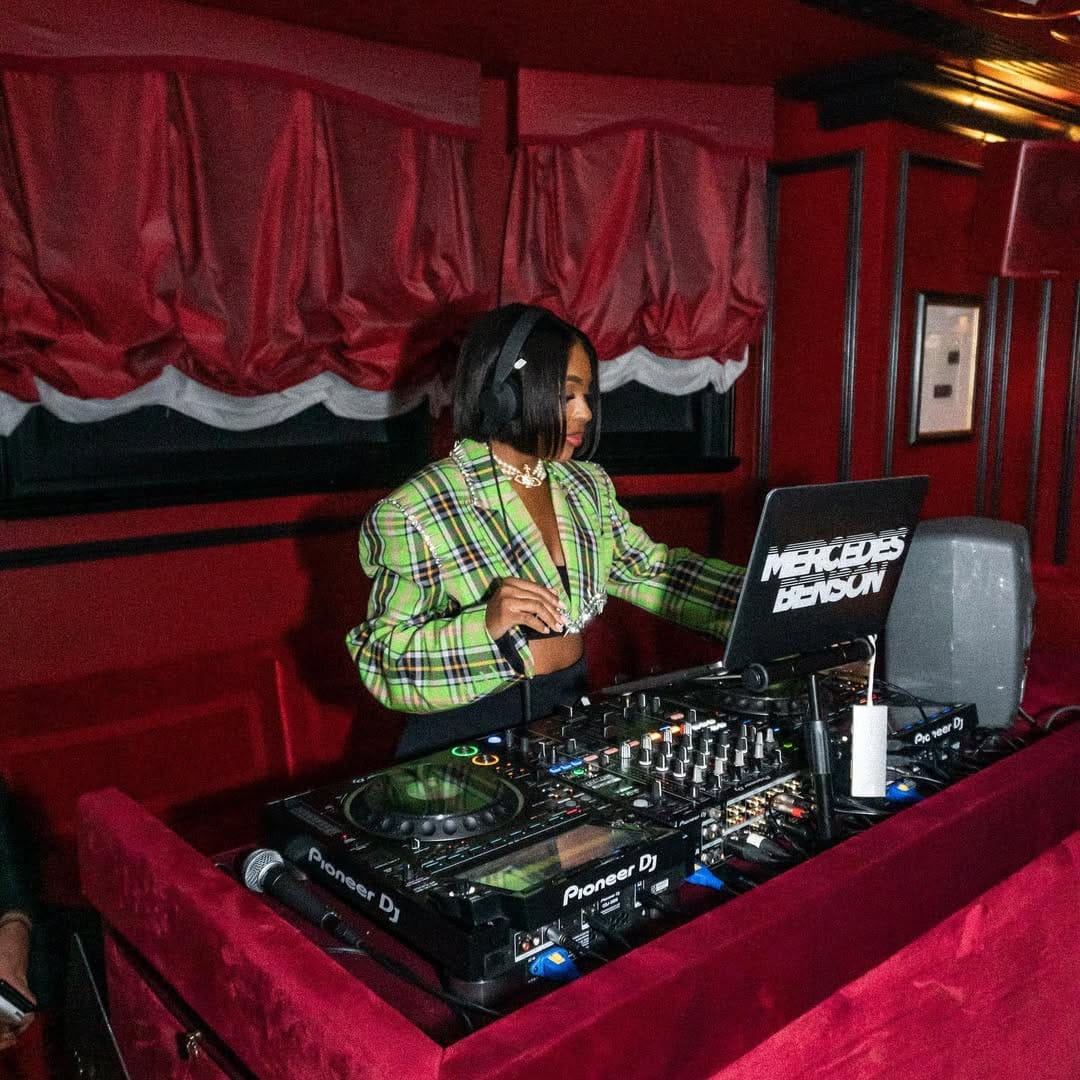
Let’s start with your background. What was your upbringing like? Did you always have an interest in fashion and music?
I’d say I grew up in a very traditionally academic Nigerian household. I was raised by a single mum; it was just the two of us, and because of that, she placed a huge emphasis on education. It was always positioned as the key to changing our story. She wanted the best for me and didn’t want me to repeat certain mistakes she’d made.
So education was a big thing. My mindset was shaped around trying my best, working hard, and pushing myself. There was a little bit of competitiveness in there, too, not in an aggressive way, but more like, “If you can be top of the class, why not try?” I was your typical A-student.
But I also loved hobbies — netball, sports, and especially drama and dance. The only problem was that bringing drama and dance back home? That was stressful. So I always say I kind of lived a double life. At school, I was excelling academically, but I was also secretly signing up for every drama and dance class I could. I’d say I was in the library, but really, I was off doing mini performances at summer drama clubs.
So yeah, my love for entertainment and performing started young. And being an only child, it was just me at home, me and MTV Base, The Box, Channel U… flipping through Sky channels that were always playing music, especially Black music — hip-hop, R&B. I was part of that MTV generation, obsessed with performance, music, and everything entertainment. But I didn’t know how to get into it.
At what point did things start to shift? How did you transition from a traditional path into the creative world?
Things started to shift when I got my first job at 16 working in retail. Honestly, I encourage everyone to work in retail if they can; it opens you up socially and exposes you to different personalities and ways of thinking. It was the first time I saw that not everyone had the same “education is everything” mindset. People had different dreams, studied different subjects. That exposure got me thinking differently.
Then, around 2008–2009, Tumblr and Twitter came on the scene, and suddenly I was able to connect with people around the world who had similar interests. That’s when the curiosity started to deepen. I began moving further away from this rigid academic lens of what my life should look like and started exploring other paths.
That’s also when I first heard about marketing, I didn’t even know it was a career path until a friend told me she was studying it at uni. Still, I stuck with my academic route and went on to study Biomedical Science at St. George’s. But once I moved out and got that freedom, especially being in London — which was such a cultural hotspot at the time — that curiosity exploded until one day, I stumbled upon Somerset House and, by chance, Fashion Week.
That moment changed everything. I skipped uni one day, went back to Fashion Week wearing the best outfit I owned and ended up getting snapped by a Vogue Italia editor. I had no idea at the time until the next day when people were like, “Hey, you’re on Vogue.” And lo and behold, there I was on Vogue Italia. I was just like, “Wait… what is this?”
That’s when blogging, fashion, and street style really became a thing for me. I started blogging my outfits, sharing my music taste, and my hobbies. But at the back of my mind, I still had my mum’s voice saying, “Everything needs to make sense.” So even though these things were becoming my passion, I was thinking: “Okay, cool. How can I make money from this?”
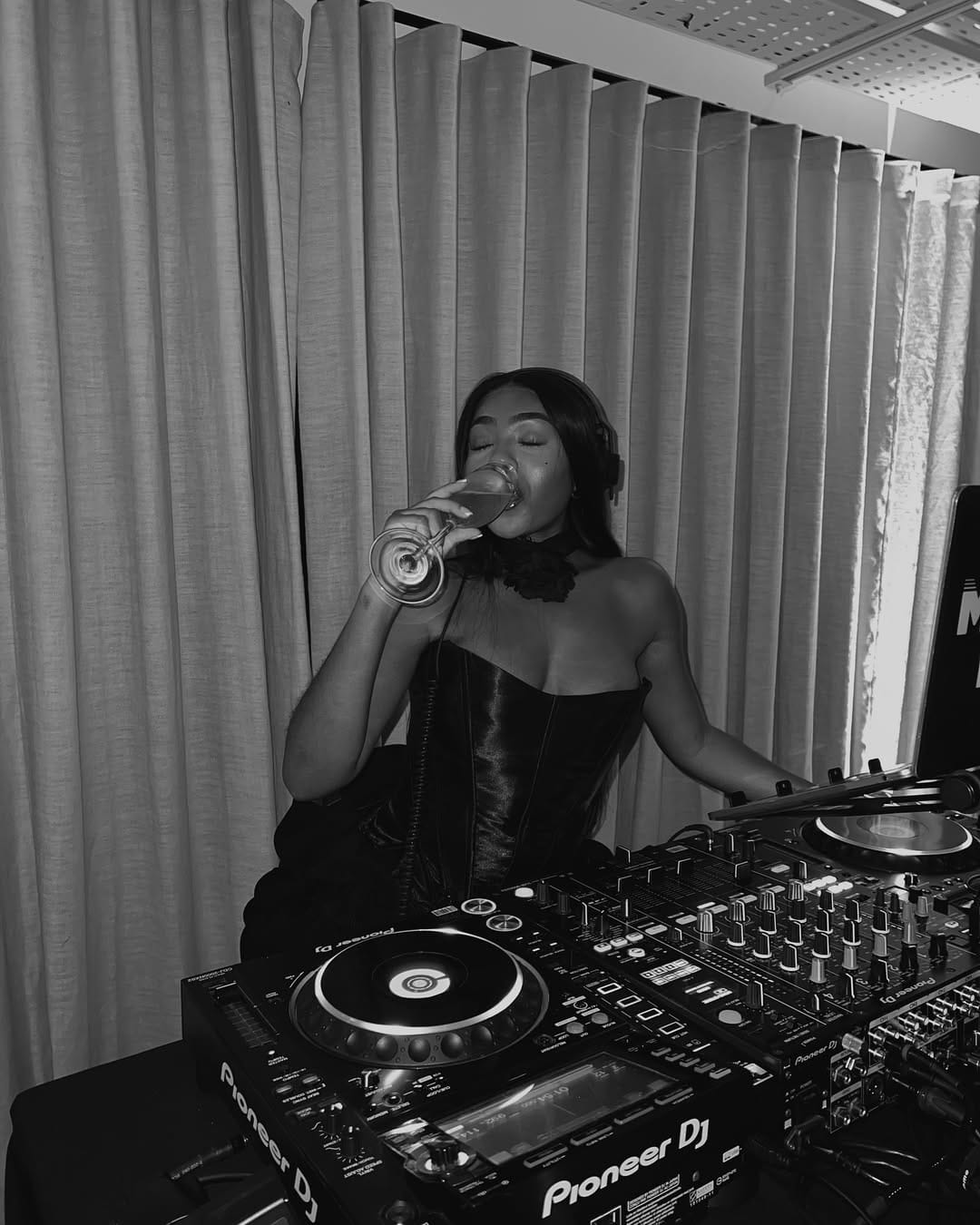
How did you get your break in the industry, and how did DJing come into the picture?
That’s when the hunt for an internship began. Eventually, I landed one at Adidas, thankfully, in the entertainment marketing department. What started as a short placement turned into two years of me relentlessly staying on their radar until they finally brought me on full-time. That’s when I’d say my career in entertainment and marketing really took off.
It was an exciting time, and I got to witness firsthand the intersection of music and brand partnerships. That experience really helped me understand the music business and entertainment industry as a whole.
It also opened up my black book. I started meeting so many influential people in the Black music scene. From there, I kept building my marketing career, working at Complex Media and solidifying my lane, but I was also becoming the side hustle queen. I was building an online community, still documenting my music style, and then thought, You know what? I want to start throwing parties.
These ideas just started flowing. The longer you’re in the industry, the more random, exciting ideas pop into your head and I’ve always been the kind of person who has to bring them to life, even if they feel out of reach. That’s how Future Sounds started. It was all about elevating the futuristic sounds of R&B, especially at a time when alternative hip-hop mixes were just starting to make waves.
We were throwing these really cool parties and building a bit of a buzz. Off the back of that, someone from Lovebox approached me to bring that Future Sounds energy to the festival, but they only had one DJ slot.
I don’t know what it was, but even though I could’ve put someone else forward, I just thought, I know exactly how I want this moment to feel. I know the kind of music I want to play. So I said, let me try to learn how to DJ for this opportunity, so it actually makes sense.
That’s when DJ Neptizzle, who was a friend at the time, taught me how to DJ. I had three months to figure it out. And I did it. I performed the set and it was amazing. Afterwards, I thought, You know what? I actually really enjoy this. That’s when DJing started becoming a real thing for me. I think this was around the end of 2016, going into 2017. It all happened pretty organically, to be fair.
At the time, I was still working my 9 to 5. The following year, I left Google and took a job at a fashion company, but it didn’t work out at all. Within six weeks, I was out of a job. But I had DJing, and I had my social media. So I told myself, This might be the perfect time to solidify myself as a DJ.
There was also this defiant energy in me, I didn’t want a company to dictate my future. Getting fired is such an unsettling experience, especially when it’s unexpected. I hated that feeling of someone else being in control of my destiny. So I decided: I’ll do part-time marketing work if needed, but it’s time to bet on myself. And if DJing is what I want, then let’s go.
So yeah, 2017 was when I went all in. And now it’s been almost 10 years—I haven’t looked back. That was a really long summary!
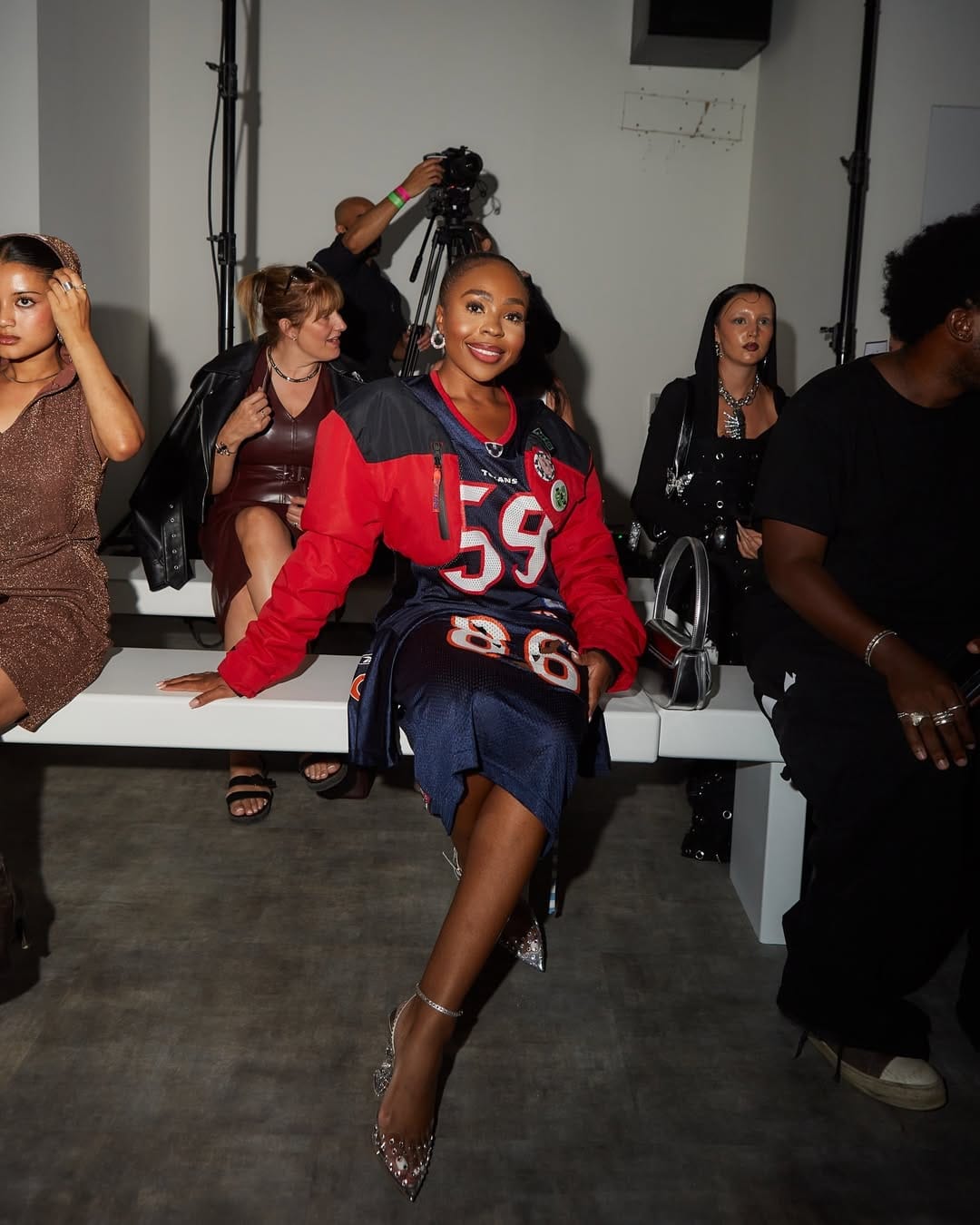
That was really good. You actually answered a few of my other questions too. It’s interesting how you transitioned from marketing and social media into DJing. As someone with multiple interests in different but connected fields, did it feel like you were navigating different worlds? How were you able to blend these things together without burning out or losing grasp of any of them?
I’d say it worked because all the worlds I was navigating—entertainment, fashion, music, influencer marketing—they were all intertwined. Even with my background in marketing, I was still operating in those creative spaces. So when I decided to become a DJ, it was honestly the best decision I could have made at the time.
Everyone I had worked with was seeing me step into something new. But I decided to pivot and fully pursue DJing. People were surprised. But one thing I noticed? People were actually willing to help.
A lot of my peers were still working at brands or within corporations, and they started reaching out, like, “Oh, you’re DJing now? I need a DJ. Do you want to play for Universal? For Adidas?” Even my old Google team asked me to come back and DJ for them. So it came full circle. It just made sense.
It also made me realise that yes, being talented is great, but building meaningful relationships can take you even further. And I don’t mean in a transactional way, it’s just about being a good person and nurturing those connections. Because when you need support, those same people will be there for you.
At the end of the day, I think when you’re a creative, you’re a creative at your core. Some people thrive by doing one thing and doing it well, which is amazing. But for people like me, who flow naturally between different disciplines, it’s about embracing that fluidity. I love conceptualising and strategy just as much as I love the art of DJing. So I thought, why not merge those two worlds and make it work? Not just for me, but for the people around me too.
It worked seamlessly, I’m not going to lie.
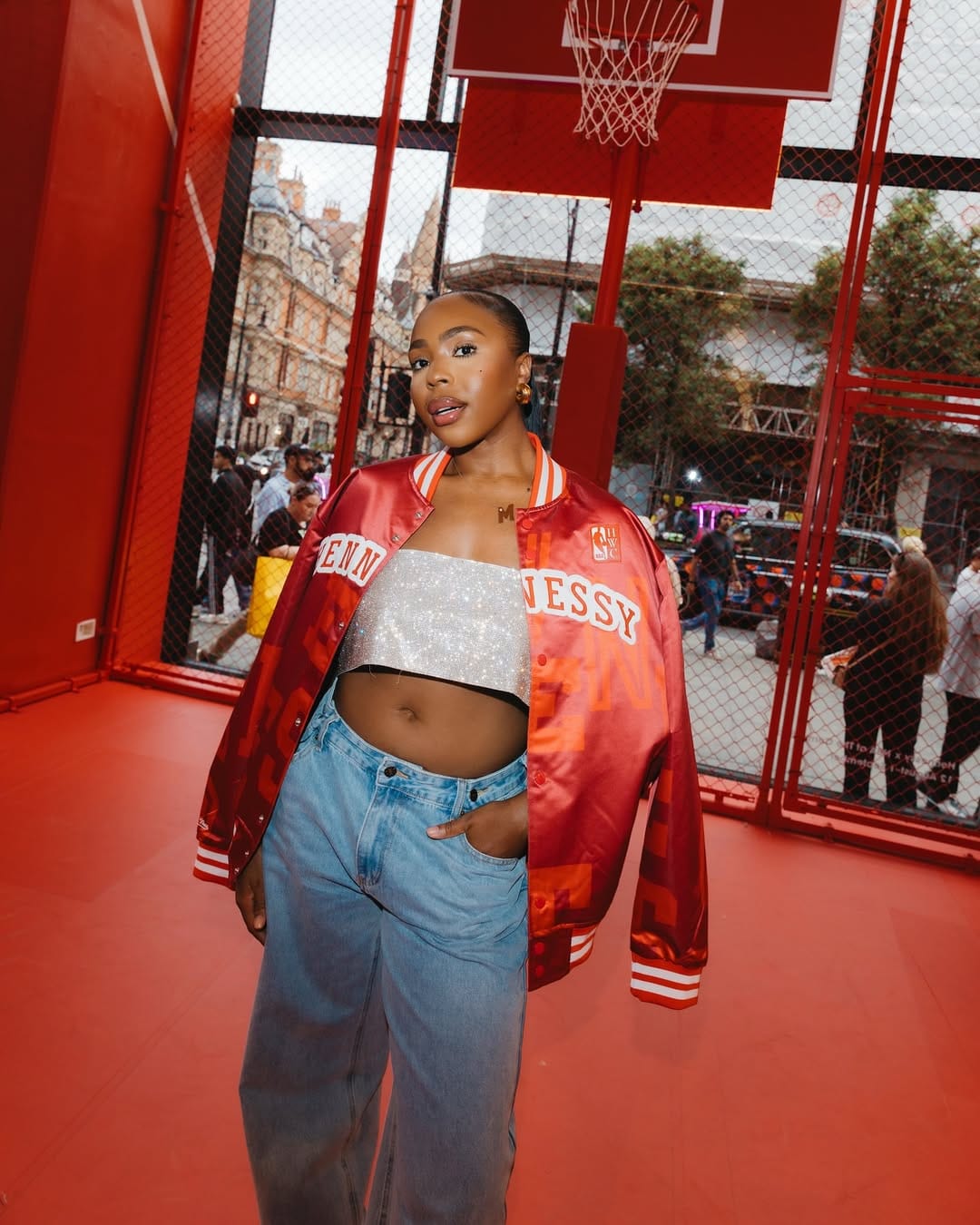
I love that. What you said about building genuine relationships really stood out. It’s more about trust. Like, “I see you. I know your work. I’ll give you the gig.”
With Future Sounds and some of the other projects you've done, there’s a strong community-led focus. So I’m curious, when did you start feeling the pull toward doing more community-based or impact-driven work?
Back in 2017, when I got fired, I had already been working on this idea quietly in the background—SocialFixt. At the time, it came from a very personal place. I kept asking myself: Why am I always the only Black girl in every company I work at?
Working at Adidas was a very unique experience because all my managers were women of colour, from Black to other ethnic minority backgrounds. That environment gave me a sense of what things could look like. But when I left Adidas and moved to places like Google, it felt different. At first, it was exciting, but the novelty wore off. I quickly realised I was the only one on my team who really understood popular culture in London and, more importantly, what Black culture or culture from a POC lens looked like. That started to feel like a burden.
Around that time, I was also out and about a lot, going to parties in Shoreditch, meeting tons of Black and brown creatives who were trying to break into the industry but struggling. That got me curious. I started asking hiring managers if diverse talents were even applying for these roles, and the answer I kept hearing was, “No.” They claimed the roles were out there, but we just weren’t applying.
That blew my mind. But then I had to ask myself—would I have applied to Google if they hadn’t found me? Probably not. And it made me realise that a lot of us don’t even see ourselves inside these institutions. We’re so used to being the consumer—drinking Coca-Cola, wearing Nike—but we don’t often think, why don’t I work behind the scenes of these brands instead of just buying from them?
Black people are some of the biggest consumers and spenders, but we’re not in the rooms where decisions are made. So SocialFixt was my way of getting more Black people into those rooms, into meaningful roles and leadership positions.
It started simply. I created a private Facebook group, just inviting my friends and saying, “If nepotism is the game, let’s flip it on its head. Let’s look out for each other.” It was built on a ‘for us, by us’ mentality. That group went from 10 people to 100, and even though we don’t use it much now, it has nearly 7,000 members.
That alone was a business case for community-led hiring. There was clearly a need, and we needed to be the ones helping each other into these spaces. At the same time, I saw that brands and companies were really struggling with diverse hiring, and I thought, maybe I can help solve that problem too.
We started hosting events in 2018, and by then, I had more time because I’d been let go. Then 2020 happened. We went into lockdown, and with the BLM protest, suddenly the world started paying attention. Companies began reaching out, wanting help tackling internal issues, from institutional racism to inclusive recruitment.
That’s when SocialFixt really found its place, building community, challenging hiring norms, and pushing for systemic change. It all happened very organically, but it started with a simple thought and a willingness to act on it.
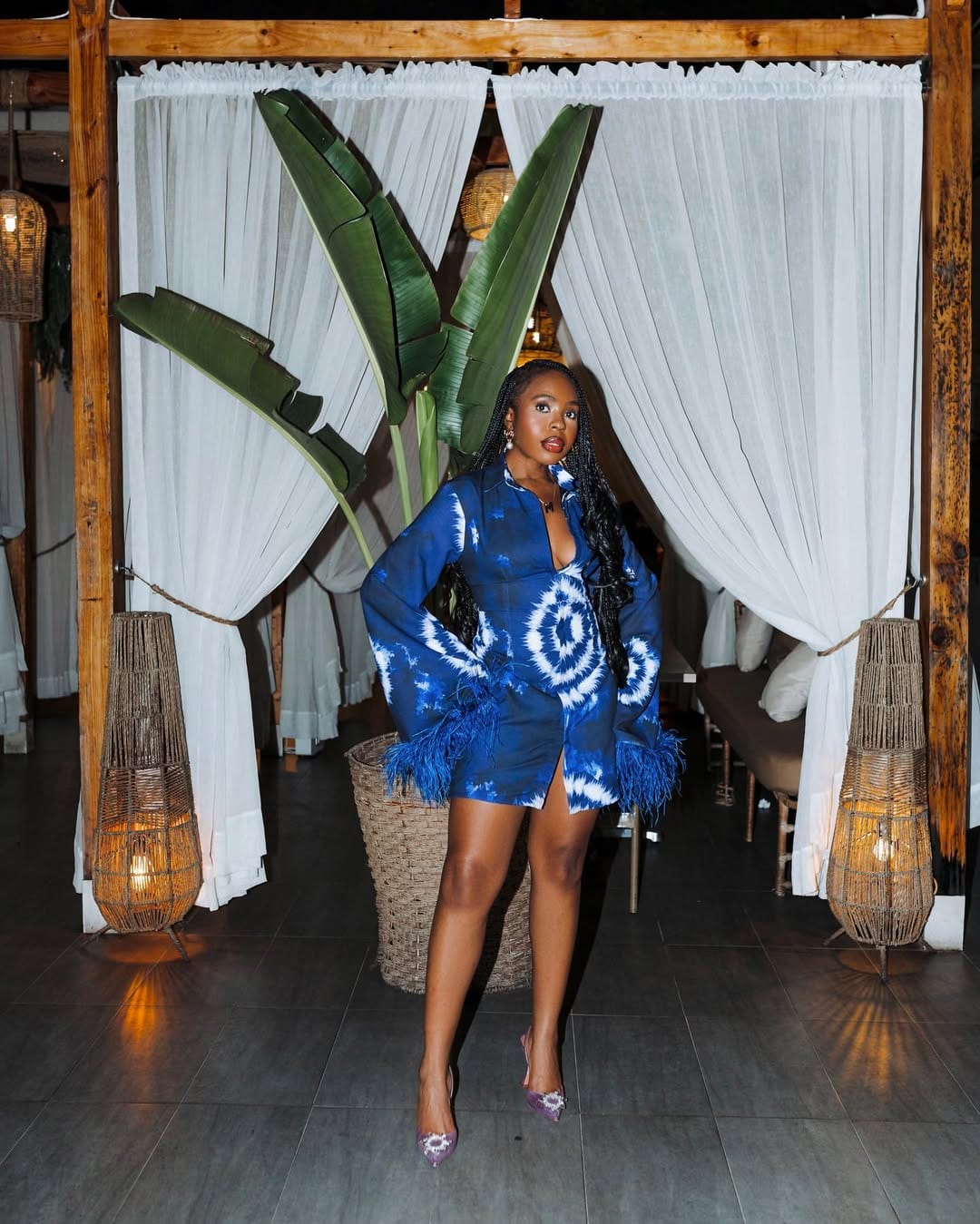
That’s really important work. As a British-Nigerian creative shaping culture from the diaspora, has your heritage played a role in your voice or your storytelling? Is there any part of you or your connection to Africa or Nigeria that’s helped shape the kinds of stories you tell?
I think if I wasn’t Nigerian, I’m not sure I’d have the same drive, the same resilience or desire to reach my full potential. That relentless spirit? That’s just something we Nigerians have. We’re wired to aim for excellence and make the most of whatever we have.
I lean on that. I draw confidence from the global impact Nigerians have made. There’s a Nigerian in every corner of the world—running businesses, making moves—and we’re killing it. It’s something to be proud of. Even when the systems or policies back home don’t always support us, it doesn’t take away from what we’ve built or who we are.
And the rise of Afrobeats has been huge for me. When I first learned how to DJ, I was playing mostly R&B and house. But as Afrobeats started gaining international recognition, thanks to artists like Davido and Wizkid becoming household names, it gave me the confidence to really lean into the genre. I started playing Afrobeats in all my sets, championing it everywhere I went.
I make it a point to DJ at Nigerian-owned venues, support Nigerian brands, perform at places like Afro Nation, and go back to Lagos for Detty December. I want to maintain that presence and connection. It’s not just pride, it’s shaped me as a DJ and pushed me to centre the sounds I love, especially Afrobeats. And now with Amapiano rising, I’ve been able to fuse it into my sound. It’s lit. I can’t lie.
The rise of Afrobeats has really shifted things, even in the diaspora. I remember when we were younger, in secondary school, it wasn’t “cool” to listen to Nigerian music. People would say, “I’d rather listen to stuff from the UK or the US.” But now? People are proud to say they love Nigerian music. And it’s not even just Afrobeats—it’s R&B, alté, …
Yes, exactly. And I get why some Afrobeats artists don’t want to be boxed in. Afro anything represents sounds from Africa, sure. But there’s so much range. We have artists like Tems giving us that R&B vibe. Show Dem Camp gives us alté. The old-school alté guys—like Teezee and BOJ—bring a different flavour entirely. And then, of course, you’ve got artists like Davido dropping those big commercial hits.
It just shows we’re not a monolith. We’re lit, but in so many different ways. And being able to represent that through music? That’s been a game-changer for me. Honestly, it’s just cool to be Nigerian. I’m not gonna lie.
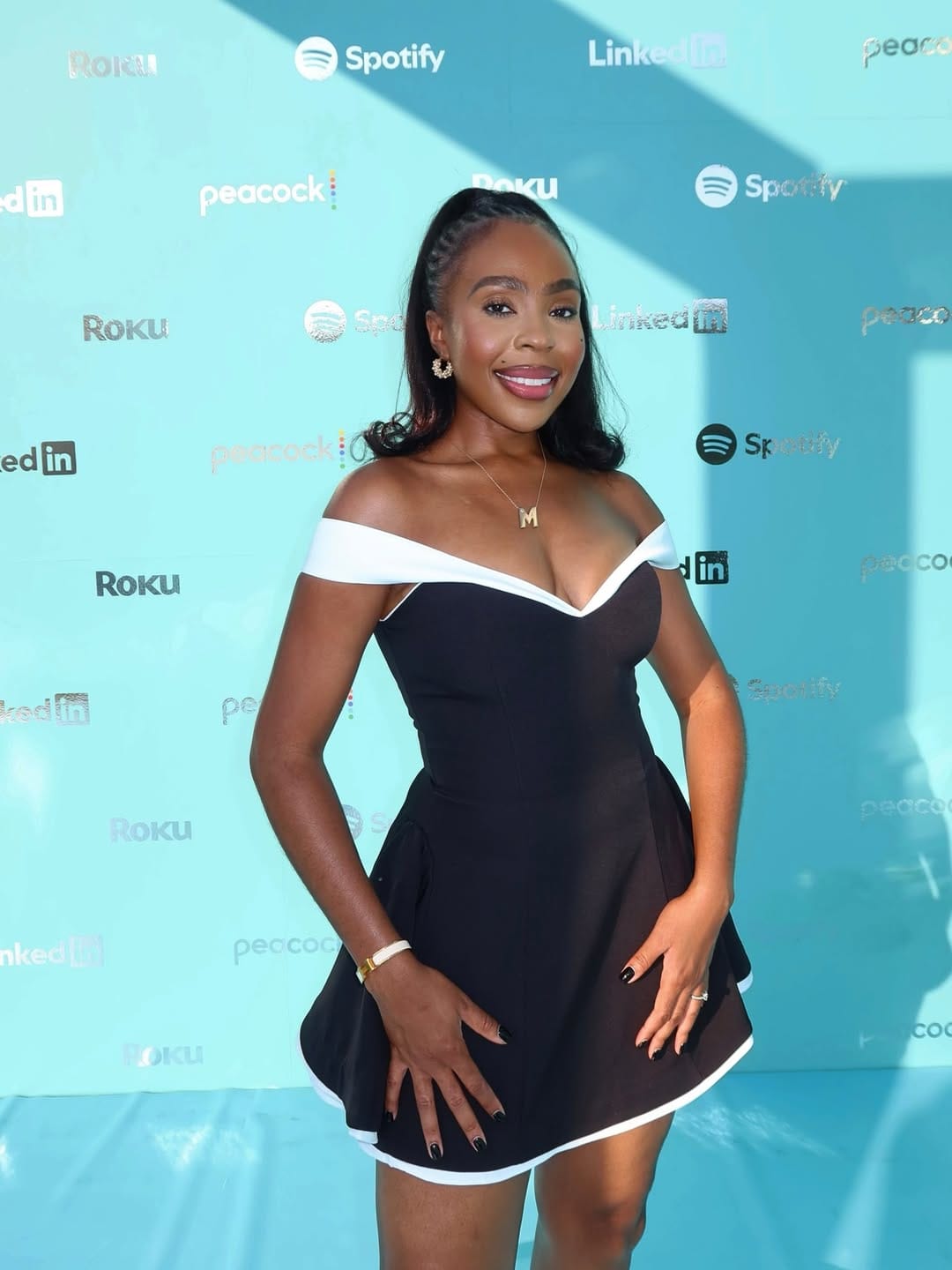
Love that. You've mentioned a couple of things that you’re constantly juggling, and I know there’s a lot of conversation around burnout and balance lately. How do you take care of yourself and protect your creativity when you're always in motion?
Yeah, I think it’s really important to take time out. People love to glamorise the self-employed life—being your own boss, working for yourself, being a creative—and I’m just like, girl, you go from a 9-to-5 to working 24/7. Your brain doesn’t switch off. From a creative perspective, everything becomes an idea; everything could be inspiration.
Going out is inspiration. Listening to other DJs, watching how they move, that's inspiration. So my brain literally doesn’t stop. And honestly, it can’t stop, because this is also my livelihood. I have to keep responding to opportunities, creating new ones, sending out cold emails, following up with warm leads, it’s non-stop. You really have to be your own marketing team, your own manager, your own plugger. It’s a lot.
If I could deinfluence people from becoming DJs, I’d say: just be prepared to work mentally 24/7. At least with a 9-to-5, you can switch off and actually enjoy your hobbies. But when your hobby becomes your job, balance becomes trickier.
What works for me is being really extreme about it. There are days when I’m fully on, and then there are days when I’m completely off. After my DJ sets, for example, I take Mondays off, completely.
So now I keep my Mondays super chill. I do slow-burn things that don’t require much brainpower—like window shopping, bingeing Netflix, watching reality TV—just normal, mindless things. That helps me recharge so that when it’s time to go again, I can show up fully, whether it’s for a DJ set, networking, or whatever the next opportunity is.
So yeah, it’s about creating those extremes. That’s how I try to find my balance.
I love that.
It’s still hard, though. But I do think one of the best things about being a DJ is that it’s passion-led. I genuinely enjoy what I do. So yes, it’s work, but I’m outside, I’m having fun, I’m with my friends, I’m experiencing new things. Like going to Glastonbury—yes, it’s a job, but it’s also a festival. I get to enjoy it too.
I’m not saving lives or anything, but it’s a great job.
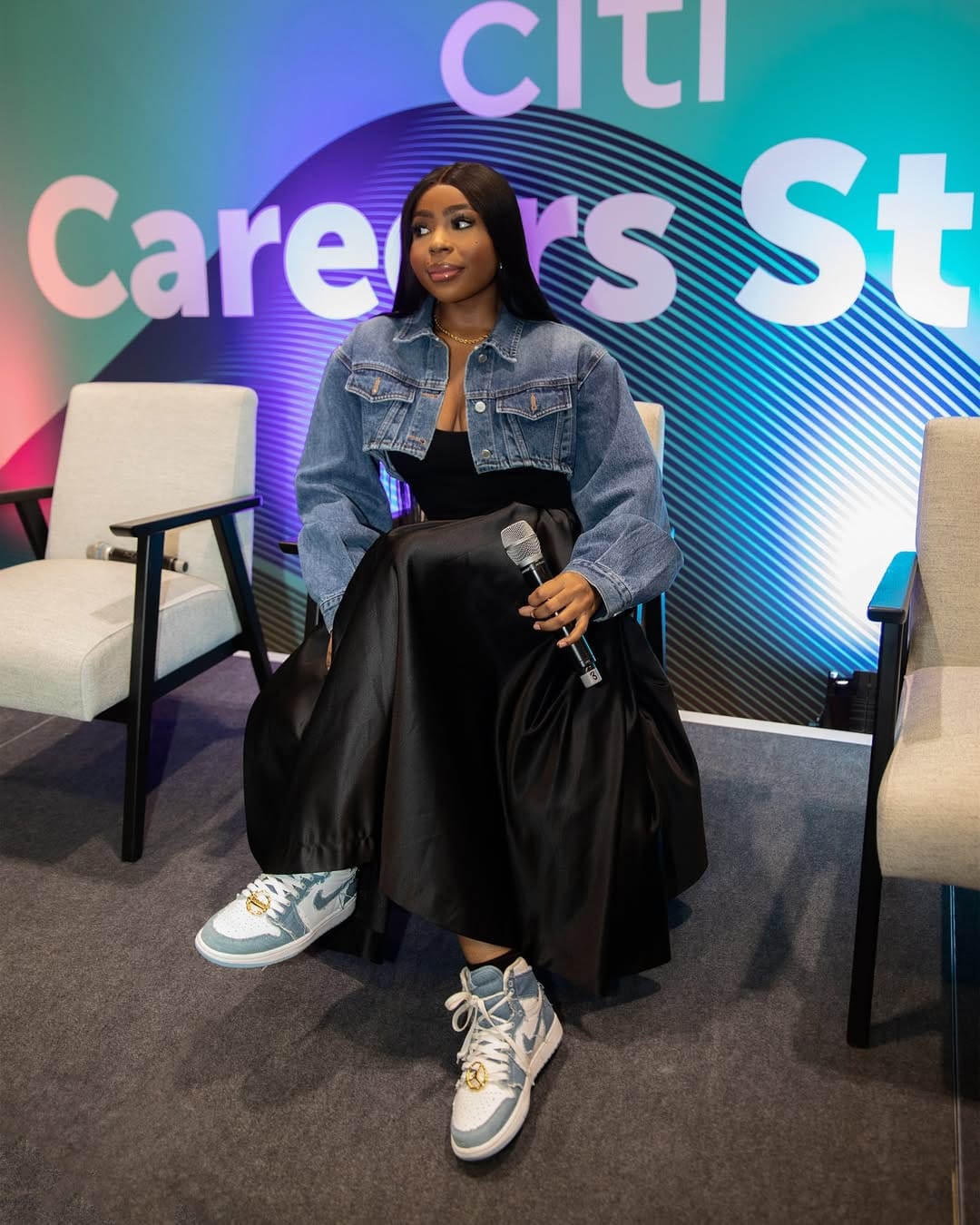
It’s great that you’re still able to enjoy it, because I think one of my personal fears is turning a passion or hobby into work and then losing the joy that came with it. So, honestly, I’m really glad, but also a bit surprised to hear that you’ve still kept the joy of being a DJ. So beyond DJing, what are some of the most exciting ventures, collaborations, or projects you're currently working on, things that really excite you?
Right now, I’d say it’s about empowering the next generation of creatives. I’ve been a DJ for about eight or nine years, and I’ve experienced so many waves, highs and lows. I’ve grown a lot, and now I want to become an expert in my field and take things to the next level.
At the same time, I want to share that journey, what it really feels like, with others. I'm doing more documenting, especially through platforms like TikTok and YouTube Shorts. I love how they let you show life in a more organic, real way.
I’m relearning how to use social media, not to make everything super polished, but to keep it raw and behind the scenes. I want to give people the real tea on what it’s like to be a DJ: navigating industry politics, dealing with mismanagement, understanding the money, and knowing your worth. And that doesn’t just apply to DJing, it applies to the creative world in general. So I’m just trying to be more honest and transparent with my online presence.
I’m also planning to push SocialFixt more than ever. I can’t lie, towards the end of last year, I felt demoralised. So many budget cuts were happening. Brand partners weren’t really pushing the narrative to champion Black talent anymore, so I had to take a step back and reset.
But now, after that pause, I’ve restrategised. The next phase for SocialFixt is career coaching. It's one thing to get people into the room, but we also need to make sure they stay there and feel supported. Especially Black talent, we often see people dropping off around the middle management level. It’s discouraging, and it’s a big reason why we still have less than 1% of Black and brown talent in C-suite positions. We do so much to build the bottom but rarely make it to the top.
I want to help change that. I want to mentor and support creatives who want to move up and feel like they have a network that’s got their back.
I also recently launched a platform called Powered by Purpose. It’s still in its early days, but the idea is to create an intimate, safe space for women in the creative industry, especially those at mid to senior level. A space where we can connect, support one another, and also learn from women who’ve gone ahead of us, those who are 10, 15, even 20 years into their careers.
We’re going to be working for a long time. And the way things are going, they might even raise the pension age, so we need to build careers we can sustain. We need to stay ahead of the curve and know how our careers can evolve. The best way to do that? Hear from people who’ve already walked that path.
So that’s the vision for now: mentoring, coaching, championing, and building spaces where we can all grow together. But who knows, it might evolve. We’ll see!
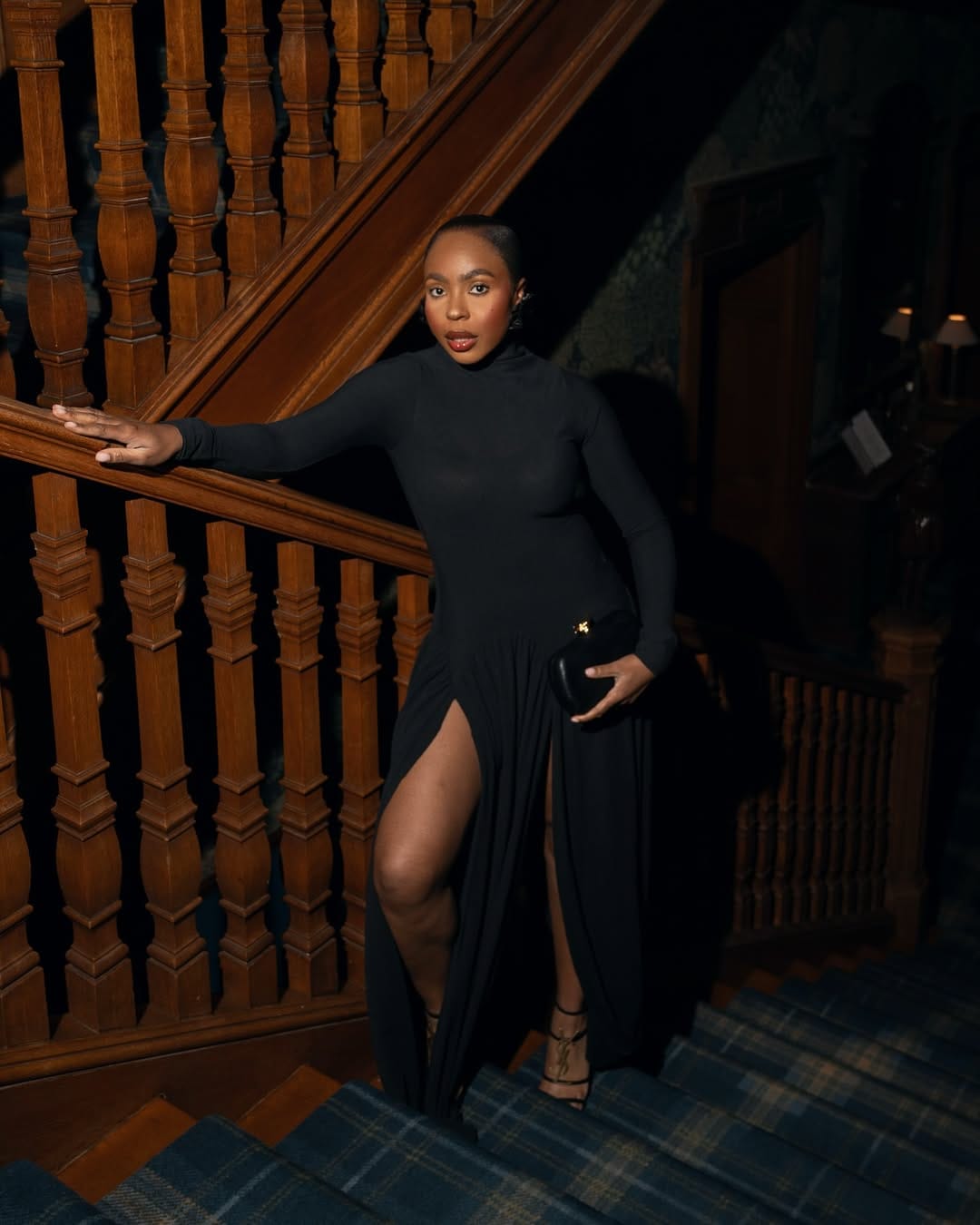
That’s really exciting. I watched a video of you recently. You were speaking during your gig, and it made me think. I never really considered how DJs actually feel while playing the music. It just reminded me how important documenting those moments is. And with SocialFixt and Powered by Progress, I think now more than ever is the time to have these conversations.
Thank you so much, this has been really fun.

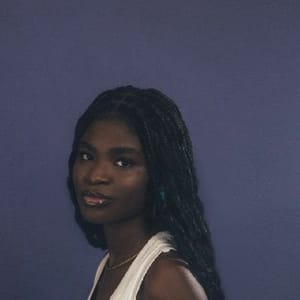
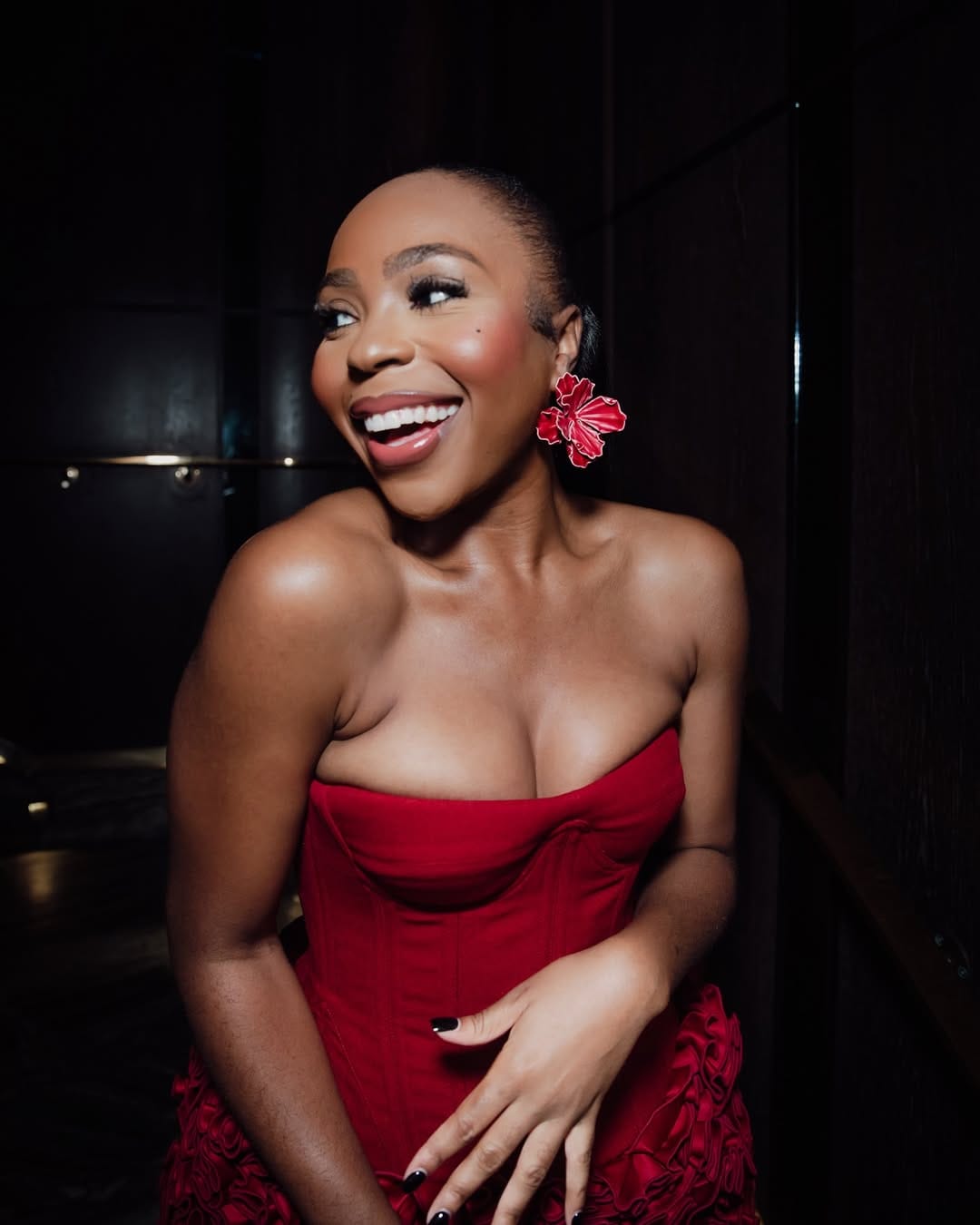
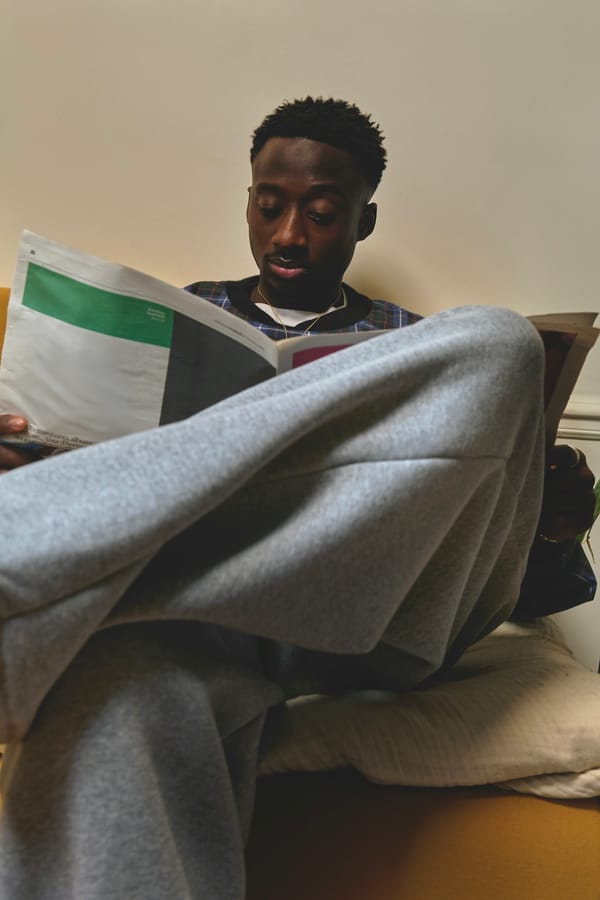
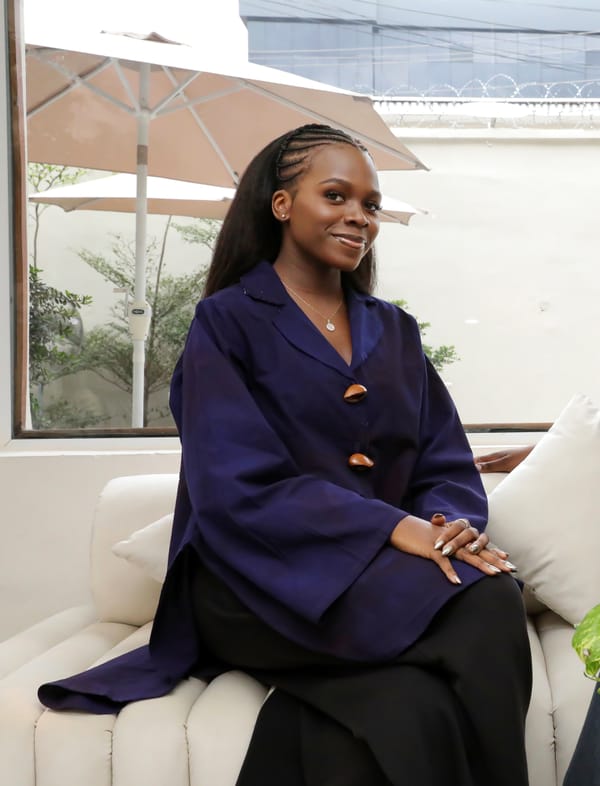
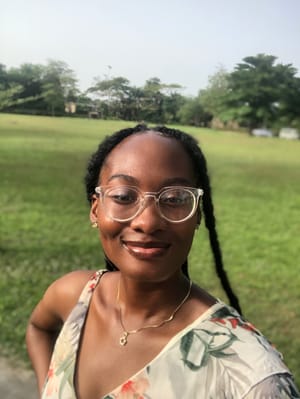
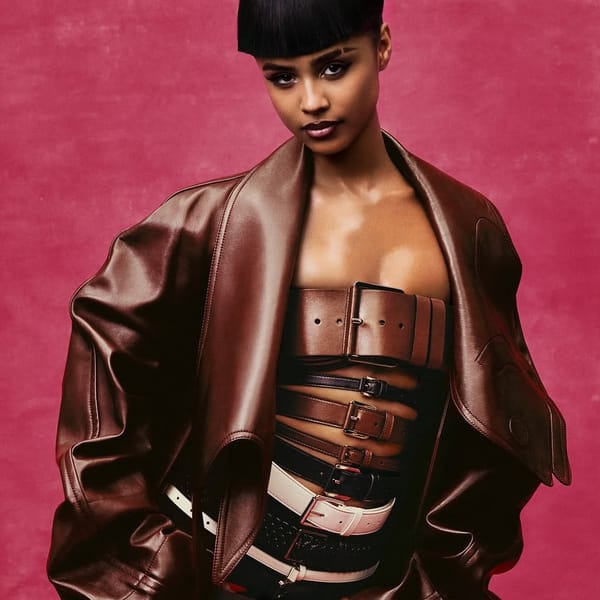
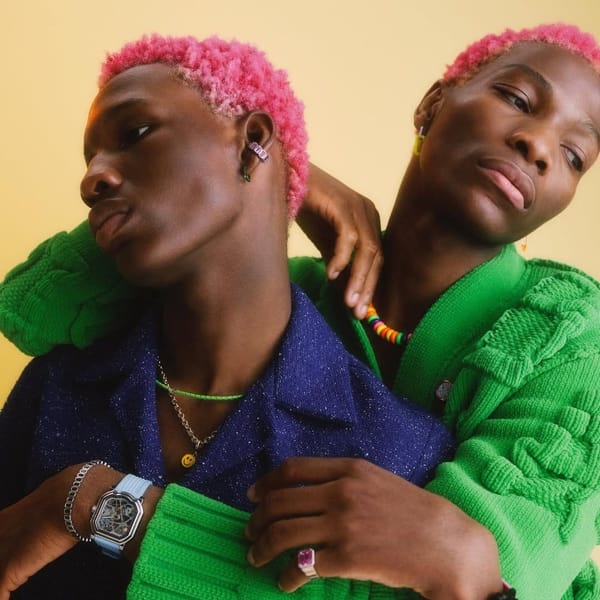
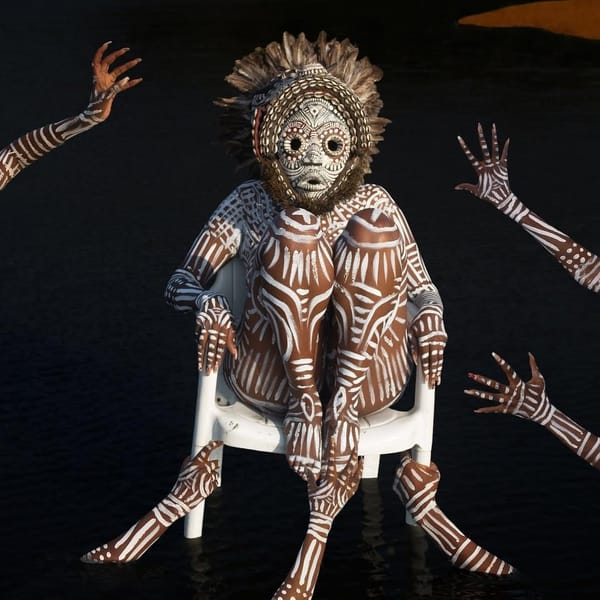
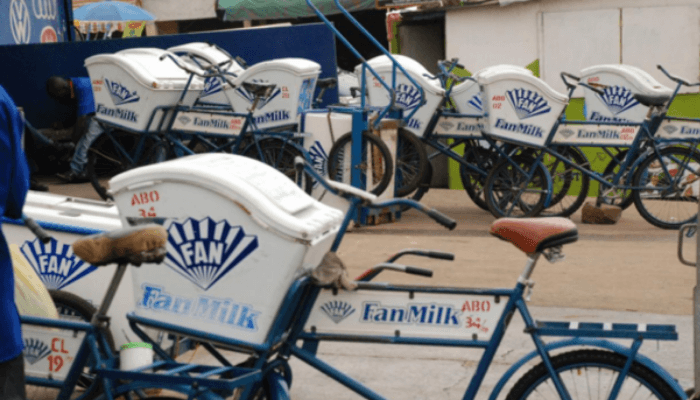
Member discussion